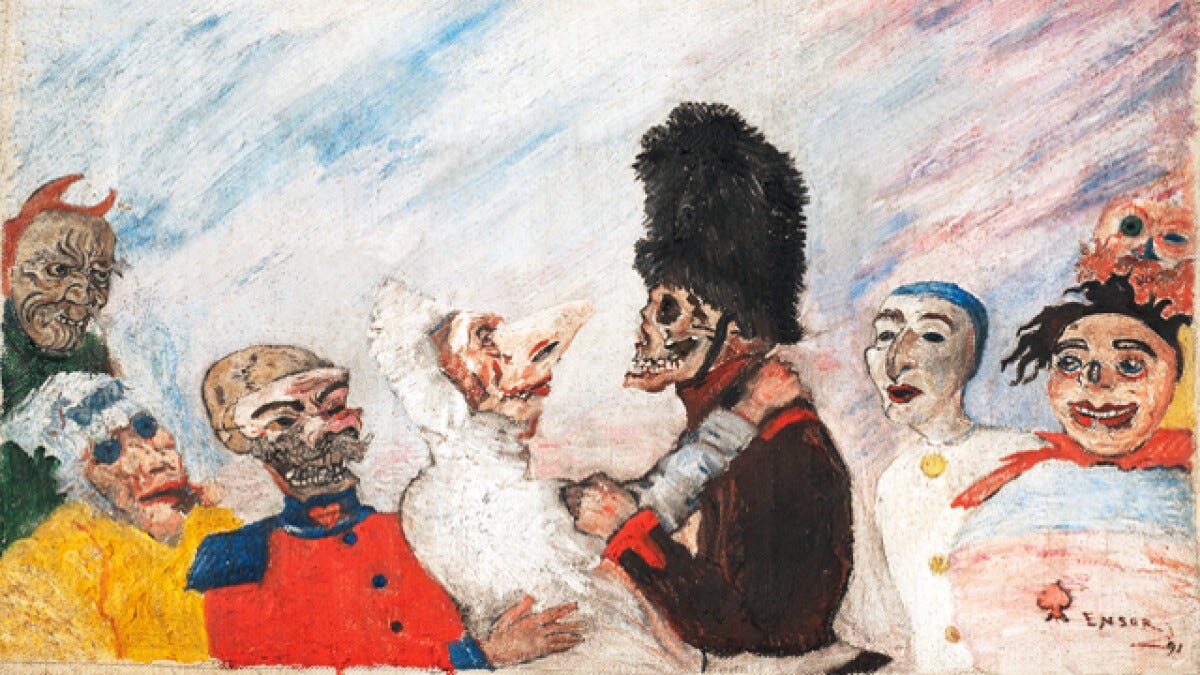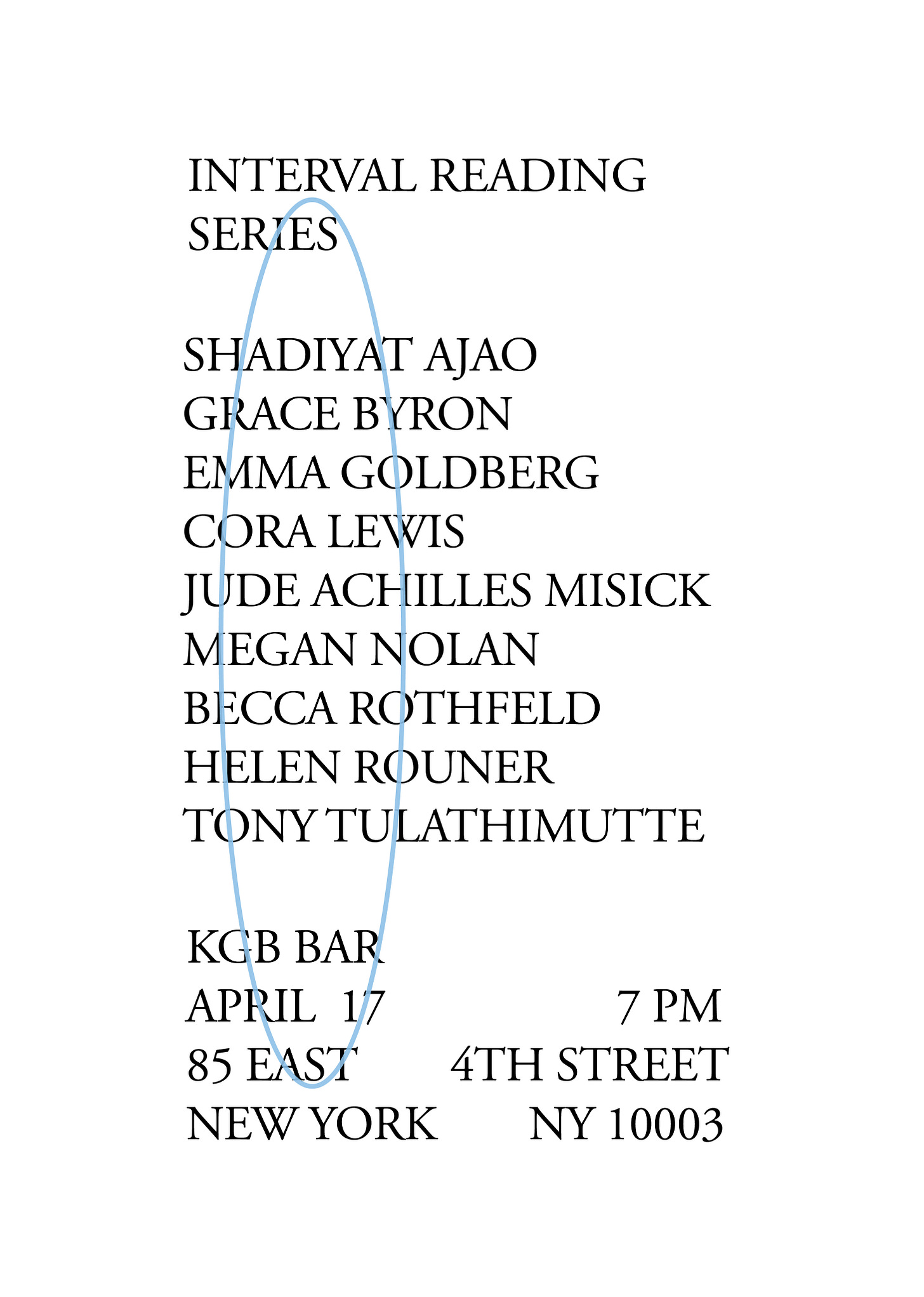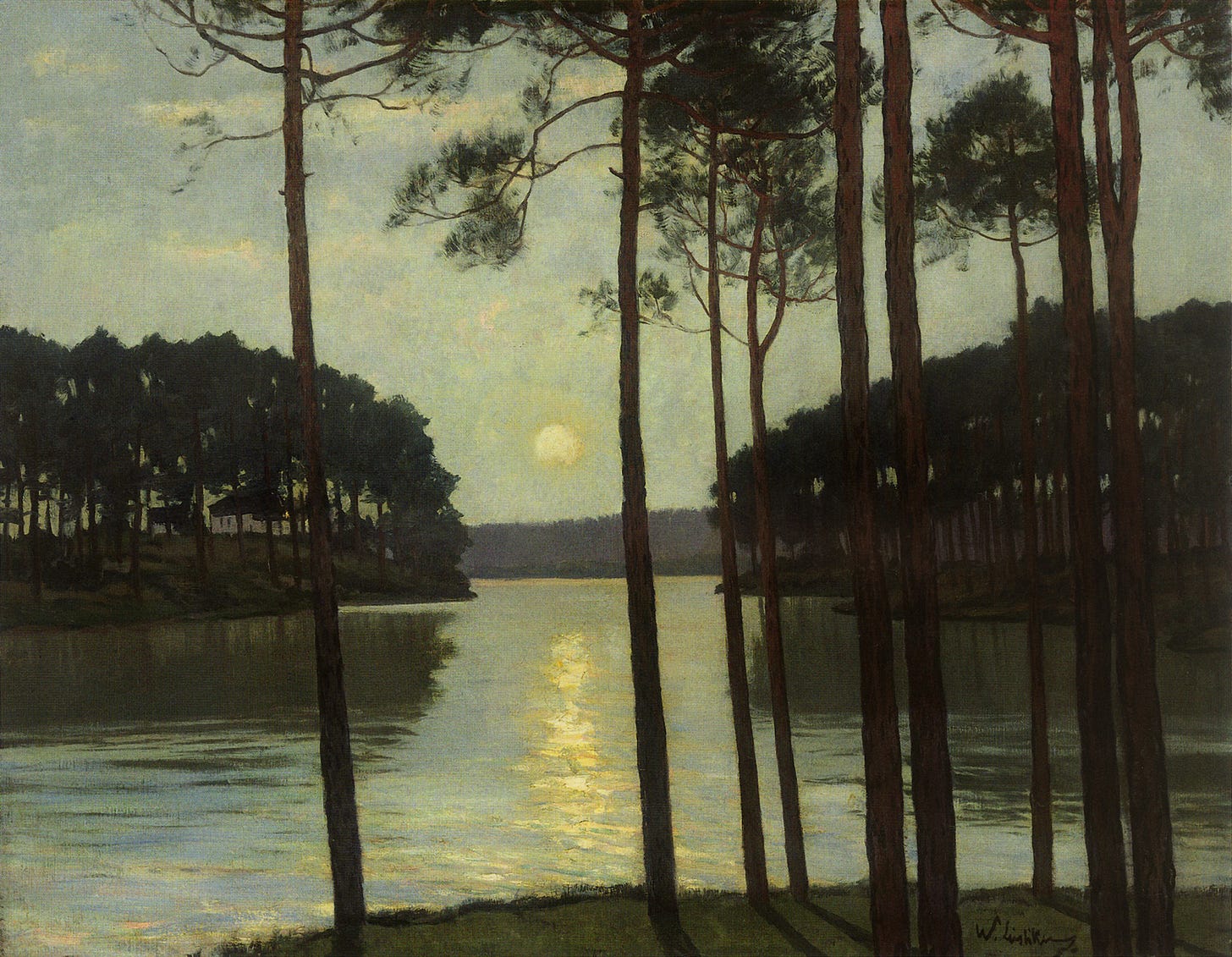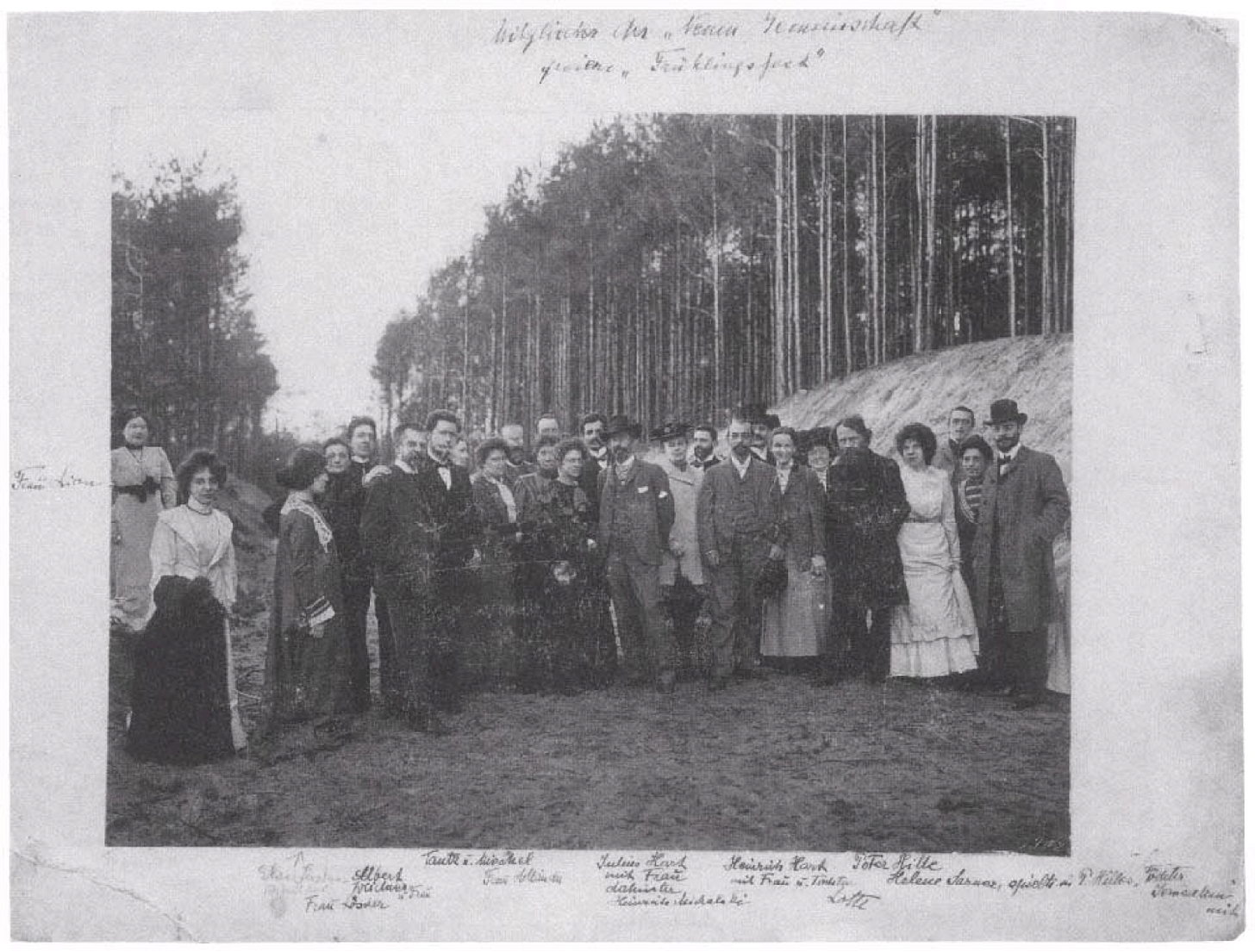Happy spring, all. Just because this country is falling apart at the hands of belligerent idiots and authoritarian nihilists doesn’t mean that I can just stop writing.
Links
First, the CRB published an excerpt of my novel To the Madhouse as a story titled “The Garden Party.” It’s the first piece of fiction I’ve published in nearly five years, and if you like it, there’s quite a lot more like it in the book. I’ll include an excerpt below.
In the New York Times Magazine, a Screenland essay on Netflix’s classic literature fetish, and what will happen when all of the world’s culture becomes concentrated within a single distribution apparatus with a profoundly bland set of stylistic constraints.
I’m now writing a monthly column for Liberties Sidebar on the intersection of art, culture, and contemporary politics. For February’s edition, I wrote about AI slop, Liz Pelly’s Mood Music, and the lean-back non-politics of Elon Musk’s hostile takeover of the American state. And in March, I dug into the best film I saw last year, RaMell Ross’s Nickel Boys, and its radical vision of selfhood as a process of recognition and exchange.
I reviewed Yuko Tsushima’s Wildcat Dome for The Atlantic.
At Mubi, I wrote about Miguel Gomes’s Grand Tour, travelogues, and the gaps that form between the traveler and the world.
And I reviewed Jean Giono’s Vichy novel for the TLS.
Tunes
For a range of reasons (terrible rates, irrelevant taste, death of independent music media, etc.) I rarely have a chance to write about music these days. So here are a few albums I’ve been loving lately, with links to purchase them.
High-fuzz jangle pop perfection from ex-members of Joanna Gruesome.
Still poppy, still jangly, still ex-Gruesome, but with a softer, contemplative edge.
I’ve enjoyed Sofia Jensen’s music before, but this album is something special. It’s got everything: strings, anthems, and just enough twang. Indie rock is back in a country moment, but Jensen isn’t putting it on. A deeply special songwriter.
Antipodean post-hardcore noise-rock with violin slicing away overtop. Rodan + Dirty Three with a little Sonora Pine spliced in.
Interval Reading Series
After nearly a year away, I’m going to be hosting another installment of the Interval Reading on Thursday, April 17. It’s an incredible line-up, even though Becca can no longer make it—new reader to be announced soon. As always, it’s in the big room at KGB Bar, and as always it’s first come first served and free. I love putting these on because they remind me of putting on DIY shows when I was in my teens, bringing a room together to celebrate talented people. Get there early; it fills up.
An Excerpt
Nelly interrupted us. “We were just about to head out onto the water. So come, everyone!” she announced, and waved us on towards the lakeshore. “To the island!”
We had begun to follow along when Lene cried out. “Robert! Where is your hat?” Robert shrugged. “It’s your hat that I bought for you. If they catch you without one you’ll spoil the impression we’ve worked so hard to form.”
“It’s just a hat,” I sniped.
“That’s right, Peter,” said Lene. “So go grab it.”
“As if I know where he dropped it.”
“Well I certainly don’t. Oh please, Peter, you were with him all evening, surely you will remember. Go, now!”
I pushed my way past the crowd and raced up through the garden. If it wasn’t at the table, and wasn’t by the stage… But then I remembered Selma, and the attic, and Robert laying his bowler upon a branch. I had only to follow her ventriloquist act and I would find the hat. I stepped in through the garden door and pressed one panel after another until the correct one gave way, revealing the hidden staircase nestled within.
I ran from one floor to the next and emerged into the attic in a sweat. The room was as it had been, with its painted sky and false forest and yet—the aviary was silent. No bird song and no human speech, no squawking or singing. Nelly’s new language had evaporated in her absence.
I blundered about in the half-dark, striking out left and right in search of Robert’s hat. I could have searched the room for an hour, I could have spent a week tearing every leaf from every branch, and still I would never find it. What was it but a beat-up bowler, by now undoubtedly soured with parrot droppings and chewed up by that cackling little cockatoo?
And then, by pure chance, I broke again through the branches, and came upon lemon-white Selma nested in her gifted bowler. The bird was resting her head beneath her wing, her crest down, purring softly in her sleep. Gently, I took the hat from its branch and reached in to lift Selma back to her place. Yet no sooner had I slipped a finger beneath the brim than the bird awoke. Her black eyes snapped open and her crest leapt upward and, her face up to mine, and she began to screech: Not a writer, not a writer, not a writer. It was a warning, a condemnation, a threat that all of her fellows took up, each cackling madly its poisoned bit of human speech, an alien chorus that swelled and swelled until the whole long room filled up with their horrible sobbing voices, crying out for the original language that had been smothered in their minds and replaced with this hideous degraded impersonation. I took Selma by the talons and tossed her into the branches, and I did not stop running until I reached the shoreline.
Only to discover that the ceremonies had gone on without me. A fleet of rowboats with torches burning in their bows was pushing out across the lake. All these respectable party guests clad in their finery were sailing like pagans towards a small wooded island far out from the shore. A song drifted back across the water: Behold the burning cycle that never has an end. Not a single boat was tied to the dock, or pulled up onto the grass. They had left me behind, and they did not even know it.
I sat on the edge of the dock and took out my cigarettes, and I watched the party as they landed upon the far shore and made their way towards a tower of white wood, stacked high above their heads. The women seemed almost spectral in the long twilight, shimmering in their dresses of red and blue and green against the white horizon. Their voices crescendoed to a fevered pitch, and then they flung their torches down and the bonfire burst to life, its flames leaping up and up, high beyond the treetops, and the waves lapped against my shoes, and I could see nothing but the fire, slicing across the undying evening like a talon, like a knife. I watched it a long time, I don’t know how long, until my eyes burned and my shoes grew damp and I had smoked my cigarettes through, and even when I got up for bed their voices were still sounding faintly from across the water, singing a song whose words I still do not know.
—Til next time.







